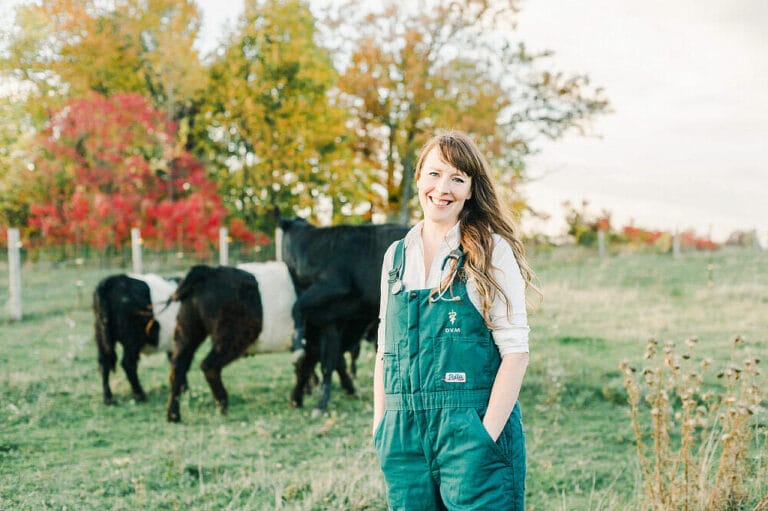
Transformative technology - the future of agriculture
From a career in Computer Engineering to earning her doctorate of Veterinary Medicine, Shari von de Pol began her journey in improving animals through innovative technology while also galvanizing people to envision their goals and bring new ideas to fruition in this space.
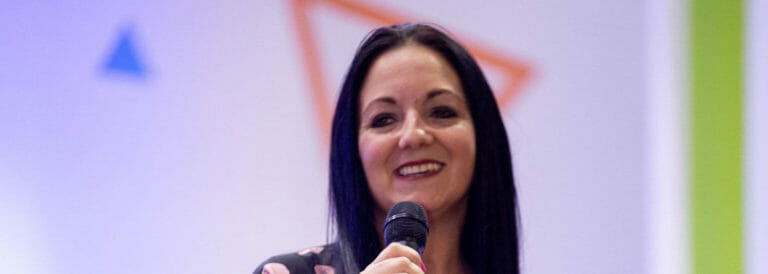
Nanas y Amas: Building prosperity through dignified domestic work
For over 12 years, Claudia and Nanas y Amas has provided decent work opportunities and empowered domestic workers to achieve economic independence. In alignment with UN SDG1: No Poverty and UN SDG8: Decent Work and Economic Growth, Nanas y Amas puts domestic workers in a healthier position to network, own their lives, and achieve their dreams while having access to work and the ability to economically support their families.
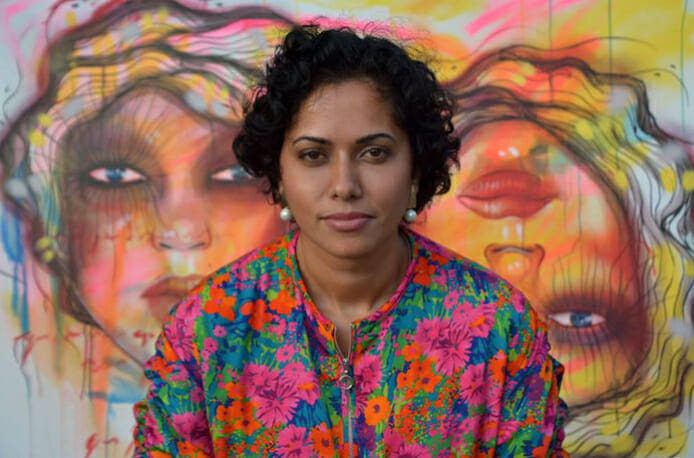
Rede NAMI: Women’s empowerment through urban arts
Fighting for gender equality to create a society free from violence towards women, Panmela Castro and the team of NAMI Network use art for cultural transformation through promoting women’s rights. Providing over 9,000 women with access to art education and financial independence, Castro creatively spreads information and laws about women’s rights to combat domestic violence.

Mayo Clinic and ASU MedTech Accelerator commence third cohort
Next-generation medical technology and service startups take part in a boot camp designed to increase product quality, efficiency and speed to market.
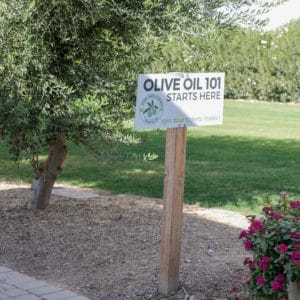
Behind-the-scenes with the largest olive oil producers in AZ
Perry Rea and his wife Brenda decided to take a vacation in 1997 to Scottsdale, AZ. They discovered olive trees growing in the area, prompting visits to olive oil operations in order to understand oil production. This sparked an interest for the Reas, and eventually Queen Creek Olive Mill was born.
2022 Brazel Lecture – Cities and Climate Change
Our 2022 Anthony J. Brazel Urban Climate Lecture will be delivered by Dr. Karen Seto of Yale University. The event will begin with light snacks at 4:30pm in the Alumni
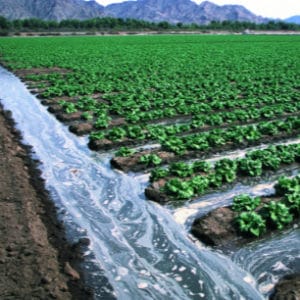
Water we doing?
What keeps you up at night? What worries you about the future of food? When asked this, the gentleman answered by sharing relatable responses. Will my grandchildren have food to eat? Will there be enough resources for their own families and friends to farm as their present-day ancestors? What does the future hold for the United States? Not only for the government but also for the land and people. When will urban leaders understand the importance of agriculture in the face of booming technology? These were a few aspects provided by Arizona Department of Agriculture (AZDA) Director Mark W. Killian.

Distinguished KAITEKI Lecture: How much income inequality is fair? A surprising answer to a 200-year-old open question in political economy
Extreme economic inequality is widely seen as a serious threat to the future of stable and vibrant capitalist democracies. Yet some inequality is inevitable, even desirable and necessary, for capitalist societies to work productively. But how much more? The debate is not so much about inequality per se as it is about fairness.

Companies convene at ASU to discuss the future of packaging
The Future of Packaging visited ASU in early March for a 2-day convening with professionals from across the country to discuss what packaging will look like in 2032 & beyond.
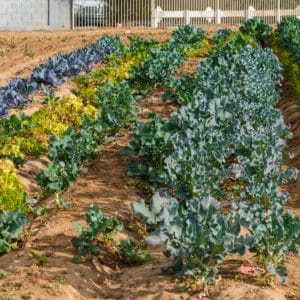
Spaces of Opportunity: Increasing access to “desert food”
By Jason Pena, ASU Food Systems graduate student. It was a cool December morning just south of the Salt River near Phoenix when we arrived at Spaces of Opportunity. This

The inspiring story of Heidi Lane Cafe
Joe and Emily relocated to Arizona three years ago from California. There, they spent 25-year working in bars, restaurants, and clubs. With their track record in hospitality, desire to connect people with fresh food, and Emily’s green thumb, Joe and Emily imagined a new kind of work in their new home of Arizona.
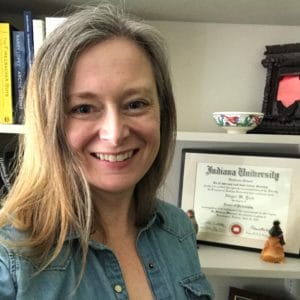
Meet affiliated faculty Abigail York
Read on for an interview with Abigail York, Professor of Governance and Public Policy, School of Human Evolution and Social Change, College of Liberal Arts and Sciences and Co-Director of Earth Systems Science for the Anthropocene.